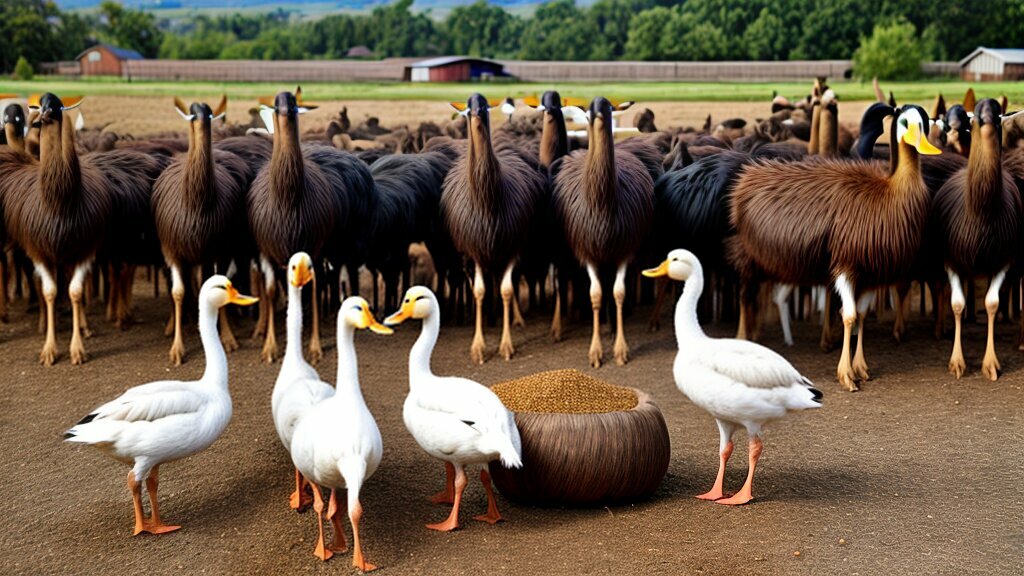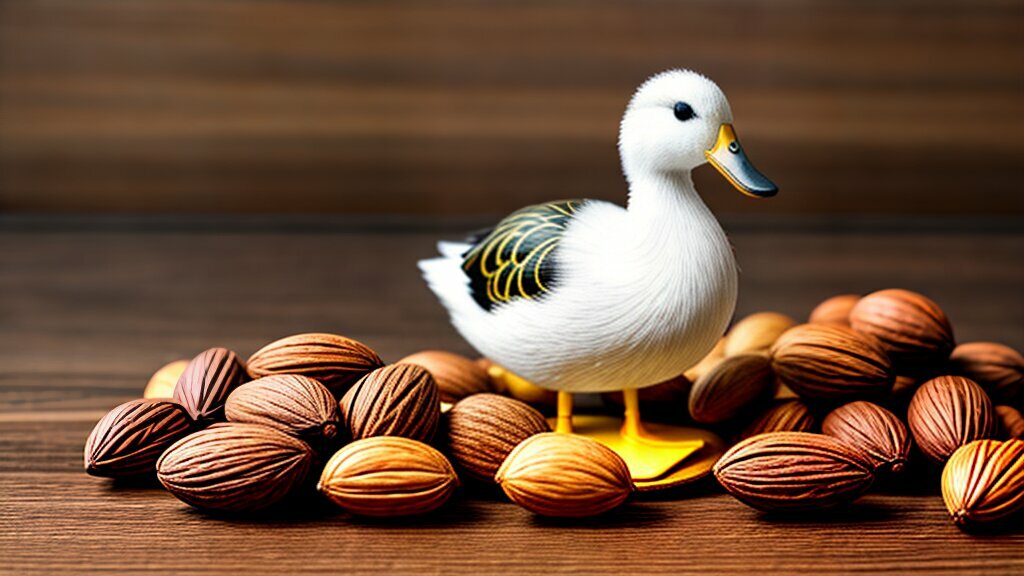Do Ducks Eat Earthworms? Facts on Ducks Diet and Foraging
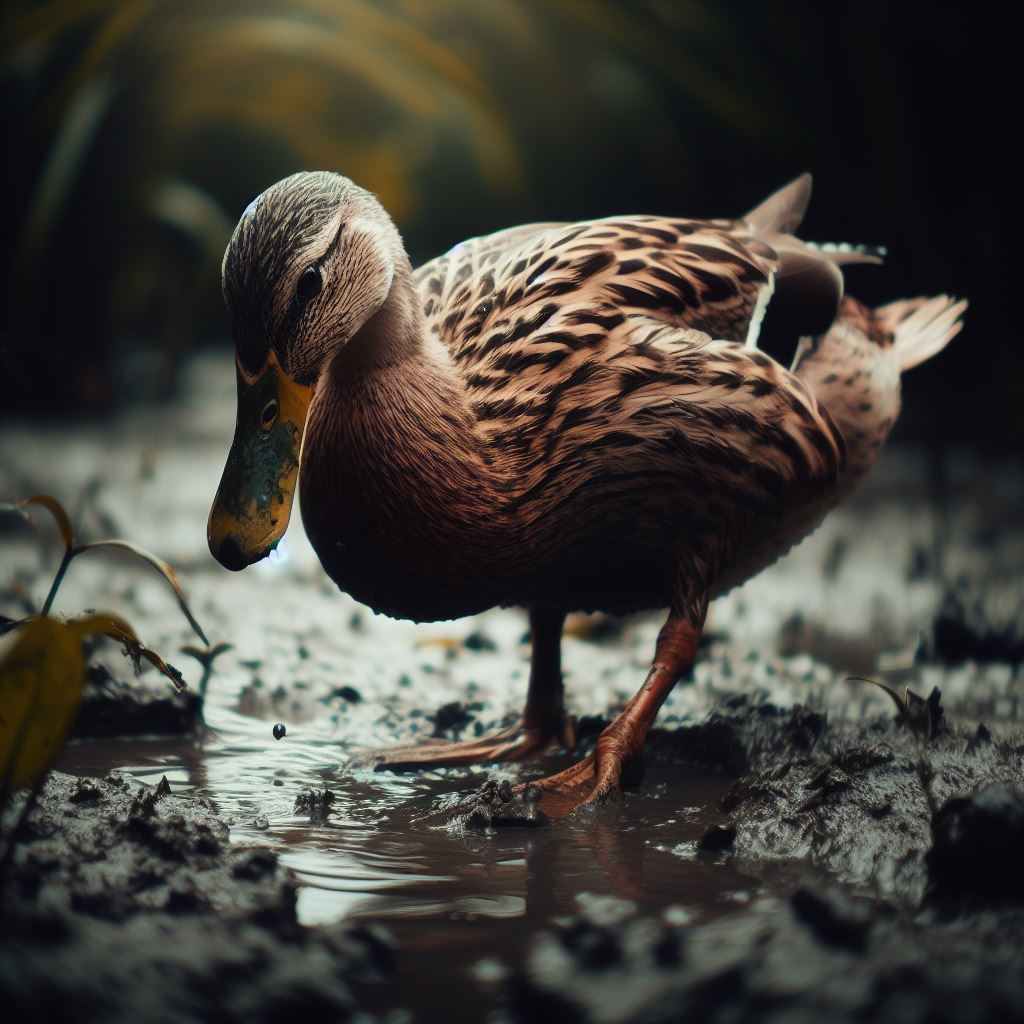
Table of content:
Do Ducks Eat Earthworms? Ducks are omnivorous birds that eat a varied diet. Earthworms can provide an excellent source of protein and other nutrients for ducks.
In this comprehensive guide, we’ll explore the key aspects of a duck’s diet, their foraging behaviors, and specifically answer whether wild ducks and domestic ducks eat earthworms.
Key Takeaways:
- Ducks are omnivorous and eat a varied diet including aquatic invertebrates like insects, mollusks, and worms.
- Earthworms make an excellent protein source and are frequently eaten by ducks in the wild and domestic ducks.
- Ducks use various foraging techniques like dabbling and probing in the mud or soil to find earthworms and other prey.
- Factors like habitat and food availability determine how often ducks eat earthworms as part of their diet.
Do Wild Ducks Eat Earthworms?
Yes, wild ducks frequently eat earthworms as part of their varied omnivorous diet. Earthworms provide an excellent source of protein and nutrients for ducks.
Ducks employ various foraging techniques to find earthworms. They often dabble or probe in mud and rain-soaked lawns or fields. Ducks use their sensitive bills to feel and catch prey below the surface.
Studies show earthworms can make up over 50% of the diet of dabbling ducks during certain seasons. The availability of earthworms and other prey influences how much ducks rely on them.
Duck species are known to eat earthworms:
- Mallards
- Northern pintails
- American wigeons
- Northern shovelers
- Gadwalls
- Blue and green-winged teals
Mallard ducks are opportunistic foragers and eat a variety of small aquatic animals including insects, mollusks, and worms.
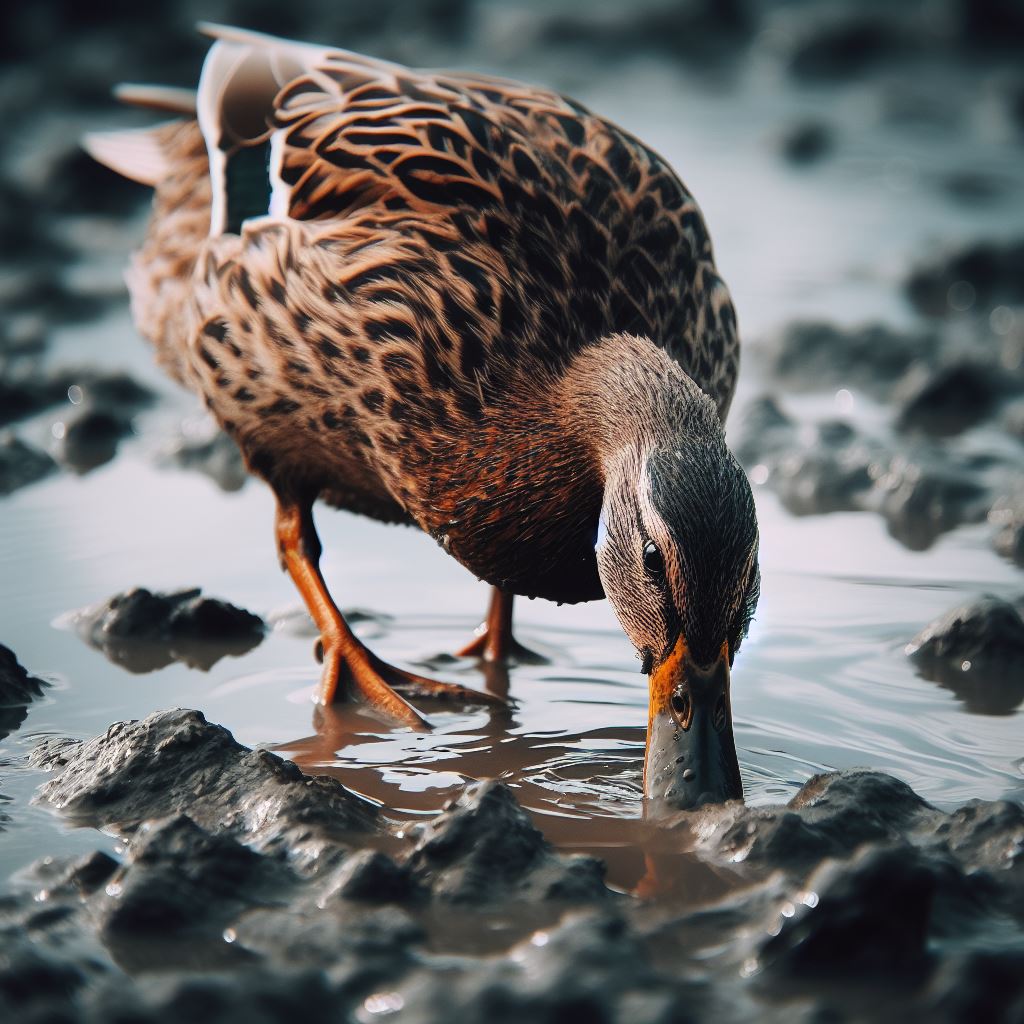 Do Domestic Ducks Eat Earthworms?
Do Domestic Ducks Eat Earthworms?
Yes, domestic ducks also eat earthworms as part of their diet. Keeping ducks can help manage pests and till soil in gardens and farms.
Domestic duck breeds like the Aylesbury, Pekin, and Call ducks all eat earthworms and other invertebrates while foraging. The availability of insects, slugs, and earthworms allows domestic ducks to find much of their own food sources while grazing.
Duck owners can also supplement their diet with commercial poultry feed. Providing a balanced diet with sufficient protein helps domestic ducks thrive.
Why Do Ducks Eat Earthworms?
Ducks eat earthworms for the following key reasons:
- Excellent source of protein – Earthworms are high in protein which is vital for duck growth and health. The protein helps develop muscle and feathers.
- Other nutrients – Earthworms provide ducks with other nutrients like fats, calcium, and vitamins. This helps provide a balanced diet.
- Readily available – In wet fields, marshes, and muddy shorelines, earthworms are abundant prey for ducks. Their foraging techniques allow them to readily catch worms.
- Easy to digest – Ducks swallow earthworms whole which are soft-bodied and easy to quickly digest compared to snails or mussels with hard shells.
- Opportunistic eaters – As omnivores, ducks eat what prey is seasonally available. Earthworms offer a convenient protein source when abundant.
Ducks Foraging Behaviors for Finding Earthworms
Ducks employ a range of foraging techniques and behaviors specialized for catching earthworms and other prey:
- Dabbling – Ducks tip head first into the water to search for food at or below the surface. Their legs paddle to keep them upright.
- Probing – Ducks probe into mud and soil to feel for earthworms and other invertebrates using their sensitive bills.
- Filter feeding – Ducks filter water and mud through their bills to catch small aquatic animals.
- Digging – Some ducks dig holes with their feet to expose earthworms and insect larvae in the soil.
- Keen eyesight – A keen sense of sight helps ducks spot potential prey on land and in water.
- Preening – Ducks preen their feathers to spread waterproofing oils. This allows prolonged foraging in the water.
These behaviors allow ducks to catch earthworms in the soil, surface water and mud. Ducks search for worms across diverse wetland habitats and flooded fields.
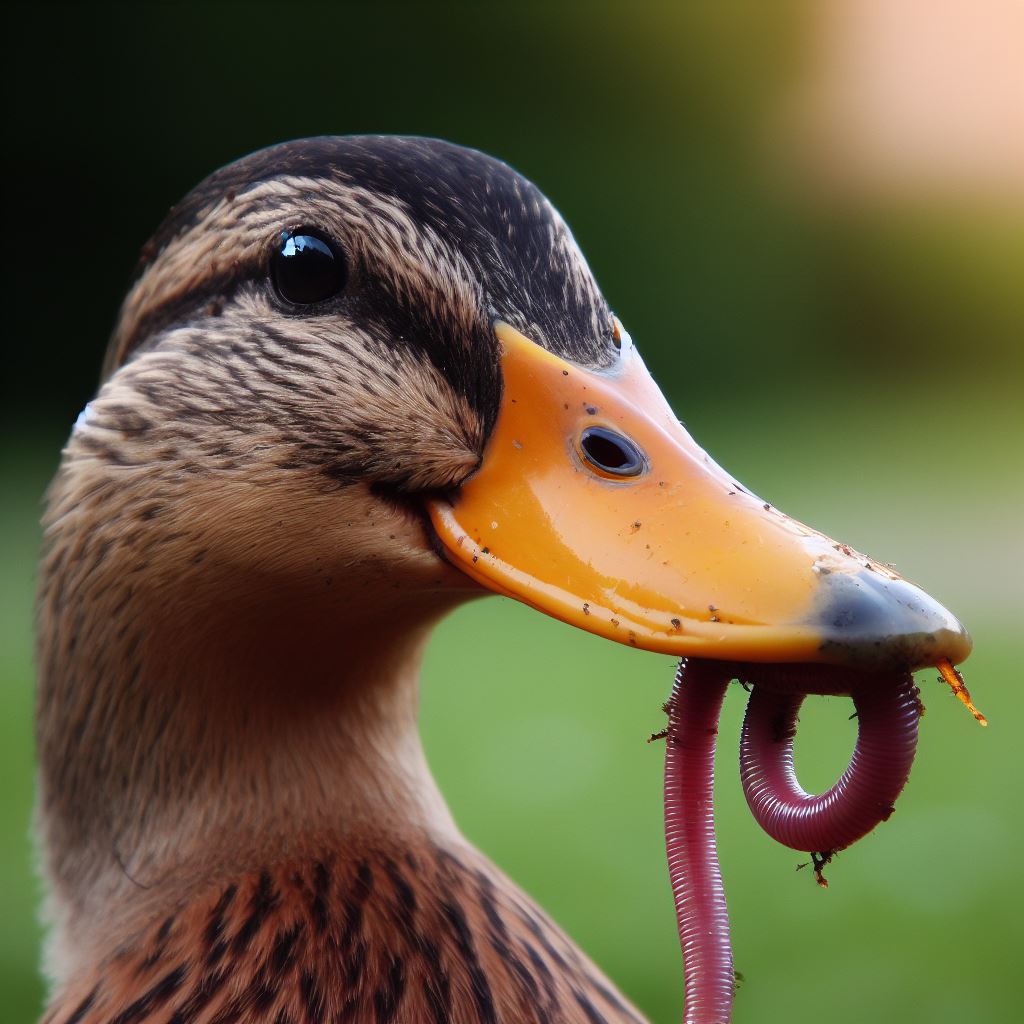 When Do Ducks Eat Earthworms?
When Do Ducks Eat Earthworms?
Duck consumption of earthworms varies based on:
- Season and habitat – Earthworms emerge more during wet, cool conditions like spring and fall. Ducks forage for worms more in flooded fields.
- Breeding status – Non-breeding ducks forage for themselves. Breeding hens have increased protein needs and may eat more worms.
- Availability of prey – If aquatic insects and vegetation are scarce, ducks rely more on earthworms and other invertebrates.
- Weather – Rain brings earthworms to the surface while drought can reduce their availability. Cold weather and frozen ground limits access.
- Foraging experience – Adult ducks are better at probing mud and finding buried worms than juveniles.
Ducks are adaptable and eat worms opportunistically based on seasonal conditions and habitat.
Key Facts About Ducks and Their Diets
| Fact | Details |
|---|---|
| Ducks are omnivorous | Ducks eat a varied diet including plants and animals. This provides protein, nutrients and dietary balance. |
| Invertebrates are a key food source | Ducks eat aquatic and terrestrial invertebrates including insects, mollusks, worms, and crustaceans. |
| They employ various feeding behaviors | Dabbling, probing, filtering, and digging behaviors allow ducks to catch different prey. |
| Diet varies by habitat | Ducks in ponds and lakes eat more mollusks. Marsh ducks eat more insects and vegetation. |
| Diet changes seasonally | Ducks eat more protein-rich insects during breeding season and more plants in winter. |
| Diet depends on prey availability | Ducks shift to eating more of whichever prey – worms, snails, or insects – are abundant. |
FAQs About Ducks Eating Earthworms
Do ducklings eat earthworms?
Yes, ducklings begin eating small worms soon after hatching. Earthworms provide needed protein for fast growth. Ducklings don’t probe for worms as deeply as adults but pick them off surfaces.
How do ducks find worms?
Ducks have specialized sensory adaptations like tactile bills to probe mud and find buried worms. Their eyesight helps spot potential prey. Ducks also feel for vibrations made by moving worms.
What time of day do ducks eat worms?
Early morning and after rain are prime times for ducks to find worms that emerge to stay moist. But ducks opportunistically feed on worms throughout the day.
Do mallard ducks eat nightcrawlers?
Yes, large earthworms like nightcrawlers provide mallards and other ducks with a nutritious source of protein. Their size makes them an ideal meal.
Will ducks eat worms from a worm farm?
Worms from home worm farms or compost make excellent supplemental food. Ducks will readily eat excess worms added directly to their enclosure.
Conclusion
As omnivorous waterfowl, ducks consume a varied diet and frequently eat earthworms as a prime protein source. Their specialized foraging adaptations allow ducks to probe soil and mud to catch worms.
While ducks opportunistically feed on whatever prey is available, earthworms are consumed in large numbers by all types of wild ducks and domestic ducks.
Understanding what ducks eat provides insight into their important ecological roles in wetland habitats. Paying attention to their diverse diet needs allows duck owners to raise happy and healthy flocks.
Welcome. I’m Adreena Shanum, the proud owner of this website, and I am incredibly passionate about animals, especially poultry. I founded adreenapets.com as a labor of love, stemming from my desire to share my knowledge and experiences with poultry enthusiasts worldwide.


